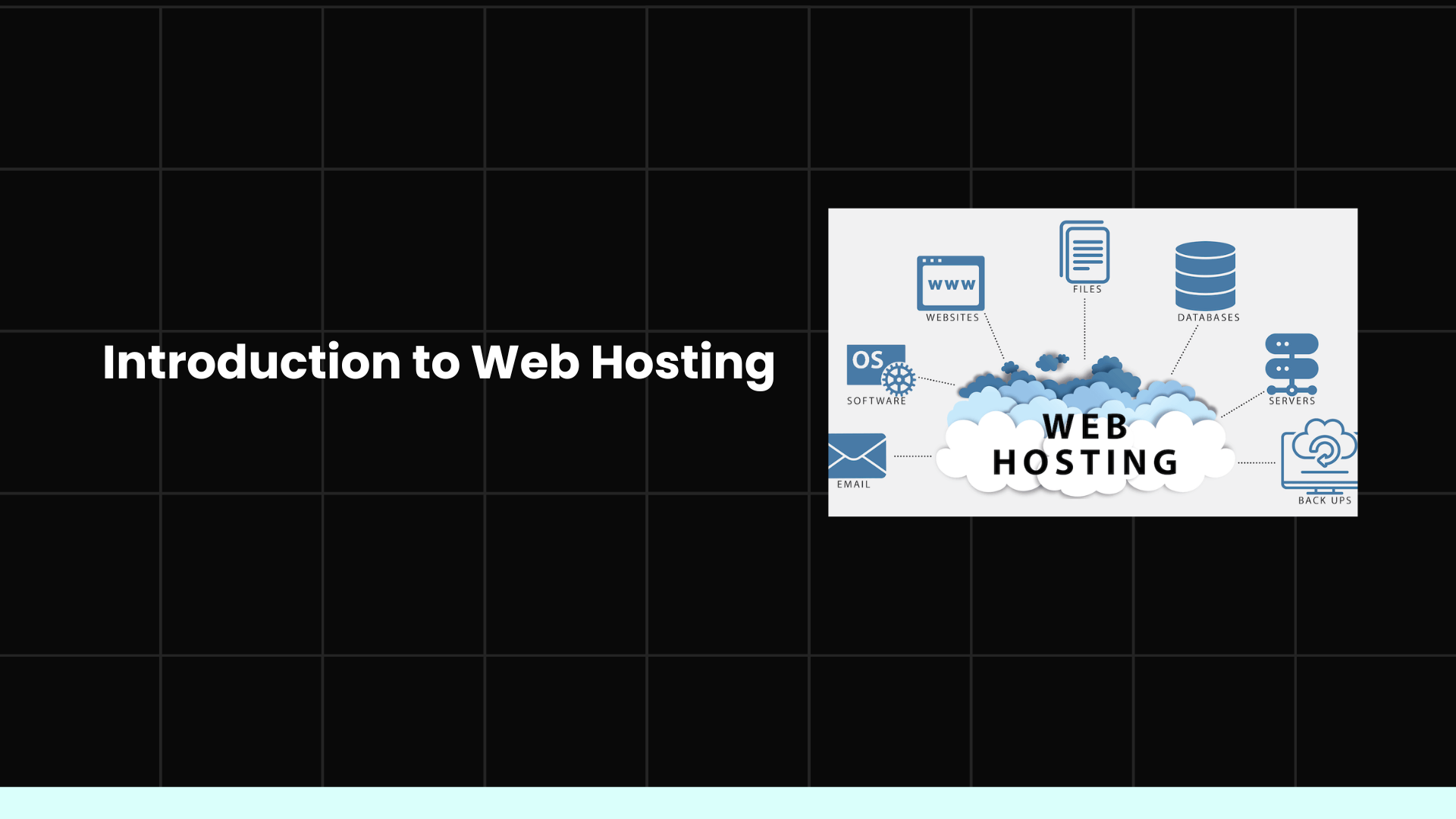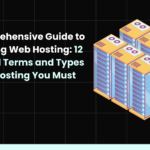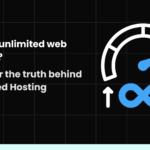Web hosting is one of the essential elements that is indispensable when building any website. It is responsible for making your website’s content available to visitors over the internet. Without hosting, no one would be able to access your site. In this article, we will provide you with a simple and clear explanation of web hosting, its different types, and how to choose the most suitable one for you based on your needs.
Types of Web Hosting
Shared Hosting
Shared hosting is a type of hosting where multiple users share the same server. This option is suitable for small websites or blogs that don’t require massive resources. In shared hosting, resources such as memory and processing power are distributed among the users, which helps lower costs. However, heavy traffic from other sites may impact the performance of your website.
Example: If you have a personal blog or a simple website, shared hosting would be a good choice for you.
Dedicated Hosting
Dedicated hosting means that your website gets an entire server to itself. In this case, all the resources are dedicated solely to your site, ensuring high performance and excellent speed. This type of hosting is suitable for large websites or sites that experience a constant high volume of traffic.
Example: If you have an online store or a large commercial website, dedicated hosting might be the best choice to ensure site stability and performance.
Cloud Hosting
Cloud hosting is one of the most flexible options. Your website’s data is stored across multiple interconnected servers, allowing the site to scale easily when needed. This hosting option offers high security and reliability due to data being distributed across various servers.
Example: If you manage a website that experiences large fluctuations in traffic, such as a news site or a marketing campaign site, cloud hosting will provide you with the flexibility to adjust to those changes.
VPS Hosting (Virtual Private Server)
VPS hosting provides your website with a dedicated section of a shared server. While the server is shared with other users, the resources allocated to you are exclusive, allowing for more control over site customization and performance. This hosting option is ideal for medium-sized websites that need more flexibility and performance than shared hosting.
Example: If you run a medium-sized e-commerce site or an active forum, VPS hosting offers a good balance between cost and performance.
How to Choose the Right Web Hosting?
Choosing the right web hosting is an important decision that significantly affects the performance and reliability of your website. When making this decision, you need to consider several key factors:
Website Size and Traffic
Before choosing hosting, you should determine the size of your website and the expected traffic. If your website is small or a personal blog with relatively low daily visits, shared hosting may be sufficient. However, if you have a large website or an e-commerce store with many visitors daily, you’ll need a hosting solution that provides high performance, such as cloud hosting or dedicated hosting.
Example: If you’re running a simple blog, shared hosting should be enough. However, if you’re running an e-commerce store or a commercial site, you should choose a hosting option that offers high performance.
Budget
Your budget is an important factor when choosing hosting. Some hosting types, like shared hosting, are more economical, while dedicated or cloud hosting options are significantly more expensive. Clearly define your budget and look for the option that offers the best value for the price.
Example: If you’re a beginner or have a limited budget, shared hosting may be the most suitable option. If you’re ready to invest in better performance, you can consider VPS or dedicated hosting.
Flexibility and Scalability
Do you need hosting that allows easy scalability as your website grows? If you expect your site to expand in the future or experience sudden traffic spikes, cloud hosting or VPS might be the ideal choice, as they offer the ability to add more resources as needed.
Example: If you’re planning for a rapidly expanding site like an educational platform or a large e-commerce store, choosing cloud hosting will allow you to scale resources easily.
Choosing the right hosting depends on a clear understanding of your website’s needs. Consider the size of your site, expected traffic, budget, and how much flexibility and scalability you require. Each type of hosting is suitable for specific types of websites, so make sure to select the one that fits your actual needs.






